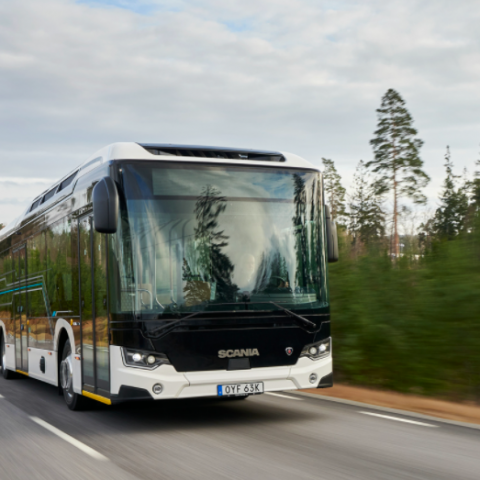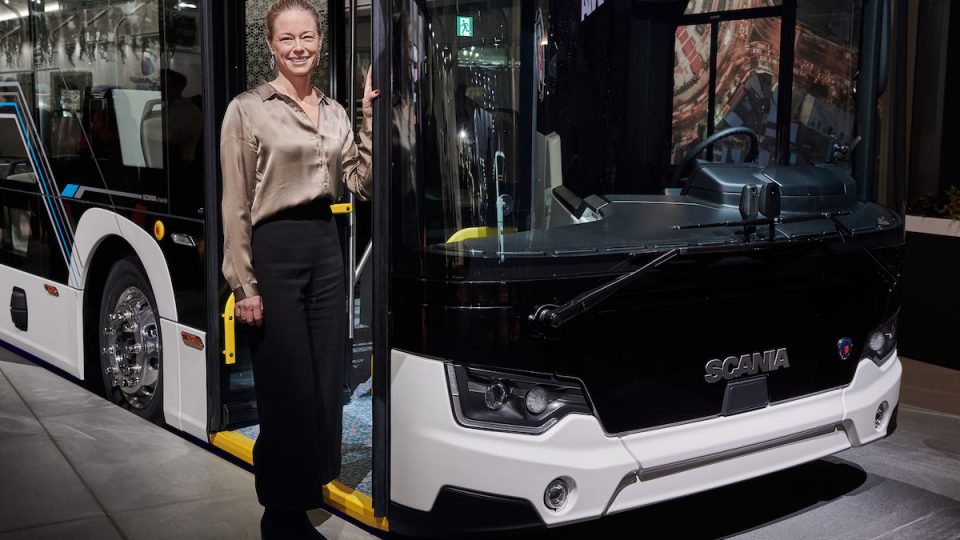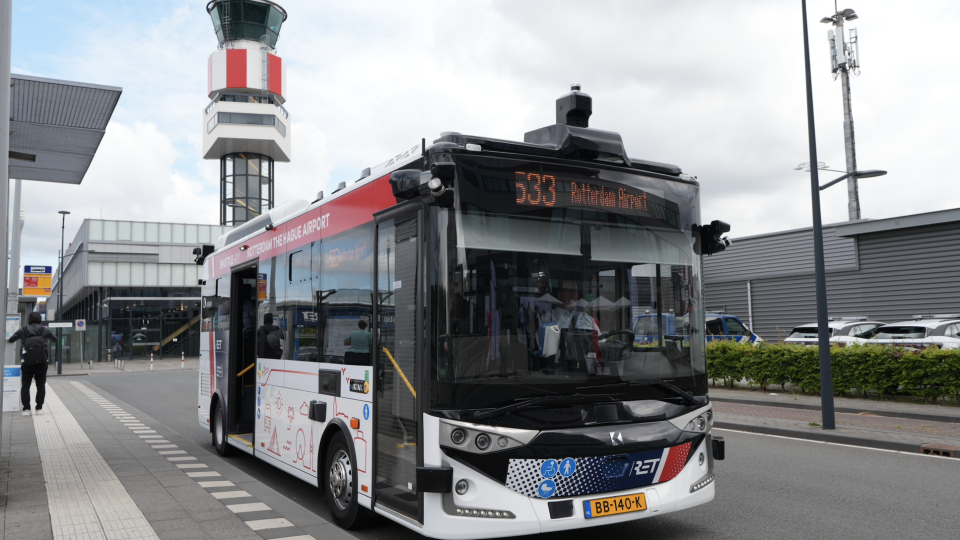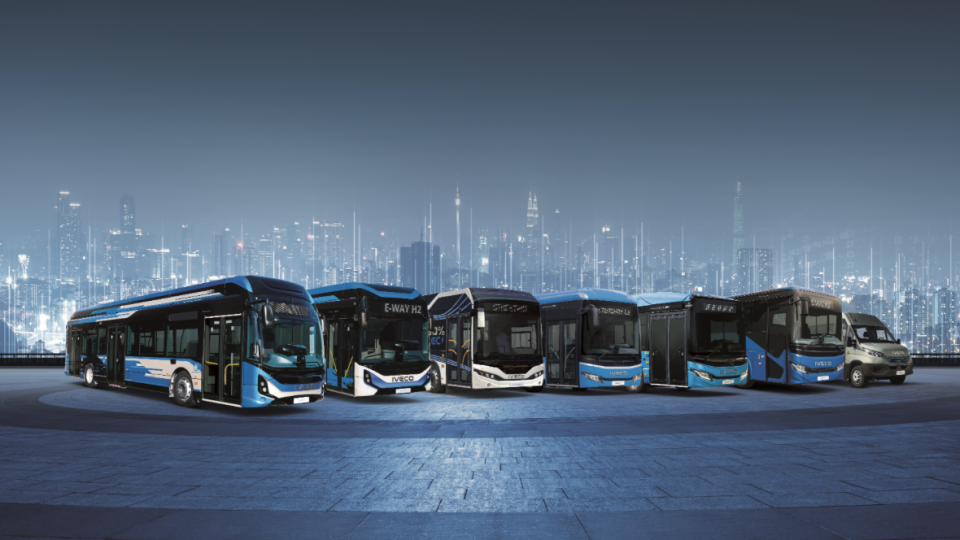Scania to deliver six e-buses in Sweden to Bergkvarabuss. Charging infrastructure included
Scania has been awarded an order for six depot-charged electric buses in Sweden. They’ll be delivered to Bergkvarabuss for the operator’s new mission to drive in the area of Strängnäs (some 90km west of Stockholm) on behalf of Sörmlandstrafiken. Scania also delivers a complete charging infrastructure to optimise and follow-up on the service and charging […]

Scania has been awarded an order for six depot-charged electric buses in Sweden. They’ll be delivered to Bergkvarabuss for the operator’s new mission to drive in the area of Strängnäs (some 90km west of Stockholm) on behalf of Sörmlandstrafiken. Scania also delivers a complete charging infrastructure to optimise and follow-up on the service and charging of the buses.
“Scania’s electric buses have an extremely efficient powertrain nowadays, with smart steering of both front-wheel drive and the electric system. We have minimised the energy consumption with a highly efficient electric machine combined with the reuse of energy from the brake force and an intelligent climate system.”
Henrik Eng, Head of Sales for buses at Scania Sverige
Scania electric bus for Bergkvarabuss
Scania’s new generation low floor Scania Citywide is characterised by a lower weight that enables a higher passenger capacity, a lighter and welcoming interior as well as an improved driver’s seat for optimised ergonomics, the Swedish group says. Earlier this year, the same operator ordered 79 e-buses from BYD.
Potrebbe interessarti
Scania, Anna Carmo e Silva: «E-bus production in the starting blocks. Biofuel will play a role»
Scania established electric buses in operation in Sweden in 2018, mostly in Östersund in northern Sweden, where the buses have pantograph charging. Bergkvarabuss did however choose another option for charging in their depot. The buses have a battery capacity of 330 kWh and are charged at the depot with up to 150 kWh.
The charging infrastructure is delivered in cooperation with LaddAlliansen Nordic AB and Kempower Oy. The latter has been recently awarded a contract to power the largest electric bus depot above the polar circle. The supplier has also been selected to charge the 31 VDL e-buses purchased by Koiviston Auto Group for operations in the Finnish cities of Kuopio and Lahti (13 and 18 e-buses respectively). The same partnership has been selected to provide an electric bus charging system to the new Vy Buss AB depot in Jönköping.
Battery balancing during operations
Thanks to the new climate system, the operators may drive both hassle free and efficient in temperatures ranging from -35°C to +40°C, Scania says. An electric heat pump is combined with an additional heating system and an integrated heating circuit in the batteries. In one single charge this energy efficient system extends the range with 50 km.
Also, the operating time, as well as the range, is affected by the fact that the batteries are balanced for the power needed in traffic. The balancing normally demands a fully charged battery, which means a time-consuming charging. But the battery balancing system from Scania, it is pointed out, does all this while the bus is in operation.
The advanced battery handling system gives data for each bus about charging status, energy use and any sources of error, among others. Through Scania Fleet Management, the operator receives additional information about charging options, energy usage over time and service needs, all the while the driver is supported when driving.
“Scania’s electric buses have an extremely efficient powertrain nowadays, with smart steering of both front-wheel drive and the electric system,” says Henrik Eng, Head of Sales for buses at Scania Sverige. “We have minimised the energy consumption with a highly efficient electric machine combined with the reuse of energy from the brake force and an intelligent climate system.”
“The commuters in Strängnäs will travel in climate friendly buses from Scania’s new bus programme, that not only contains the latest technology but also provides an increased comfort,” says Staffan Karlsson, Vice President at Bergkvarabuss. “For the travellers, the electric buses bring on a new experience with an even more quiet and smoother ride.”









